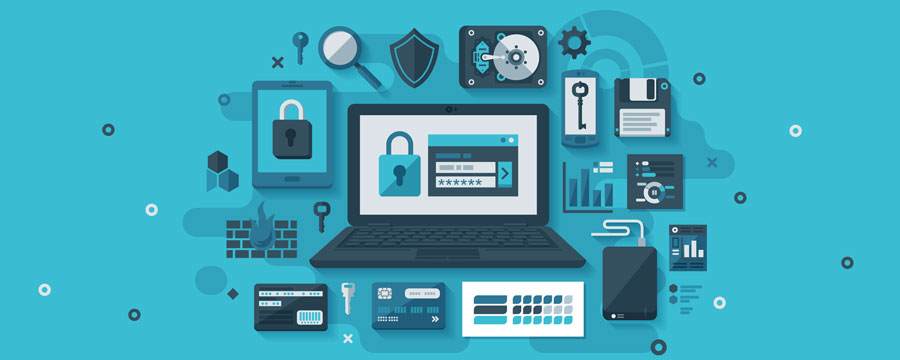
When you create passwords for personal and business use, you must consider the security implications. About 80% of data breaches in 2019 were caused by password compromise. To help you maximize security, here is what you need to know about passwords.
Reusing Passwords Can Become a Cybersecurity Nightmare
You have probably already heard that reusing passwords is a bad idea. However, it can be very tempting to use the same one each time. Password reuse means you don’t have to figure out new passwords or struggle to recall the unique passwords you created for each of your personal and work accounts. For these reasons and more, Software security research indicates that 73% of users duplicate their passwords in both their personal and work accounts.
While reusing passwords is easier and more convenient, it can easily turn into a cybersecurity nightmare. If someone obtains your password, they can use it to access any number of your personal and work accounts. If a cybercriminal obtains it from a data breach, they can test it for matches in other systems. This can be extremely devastating if you use the same one across multiple financial accounts — the hacker could gain access to your bank accounts, credit cards, or other private financial information.
Use Strong Passwords
Using weak passwords can be very dangerous on many levels — especially when it comes to business cybersecurity. When a password is weak, it is easily hackable. If it is hacked by a cybercriminal, it can diminish endpoint security for your employer’s workstations and servers. It also puts your company at risk for cyberattacks and other data breach issues that jeopardize company and customer information.
Lengthen your password to make it stronger, or utilize a complex passphrase. They should combine uppercase letters, lowercase letters, numbers, and symbols. The best passwords are randomized and use more than 16 characters. If you use Apple devices, they offer tools that automatically fill in strong, secure passwords on iPhone, iPad, and Mac.
Download a Password Manager App
If you want to avoid reusing your passwords and improve your ability to create strong security, a password manager can simplify these processes. Password managers make it easy for you to oversee and manage all your login credentials. You can also use them to save time by auto-filling forms and syncing your data across your computers and mobile devices.
LastPass and 1Password are a couple of popular mobile app solutions. There are also other free or low-priced password managers including Dashlane and Sticky Password, the latter of which was reviewed by software experts at PCMag.
Avoiding password reuse, using strong passwords, and downloading a password manager are all best practices for password hygiene. By implementing the best password hygiene practices, you can maximize security and reduce risks.
